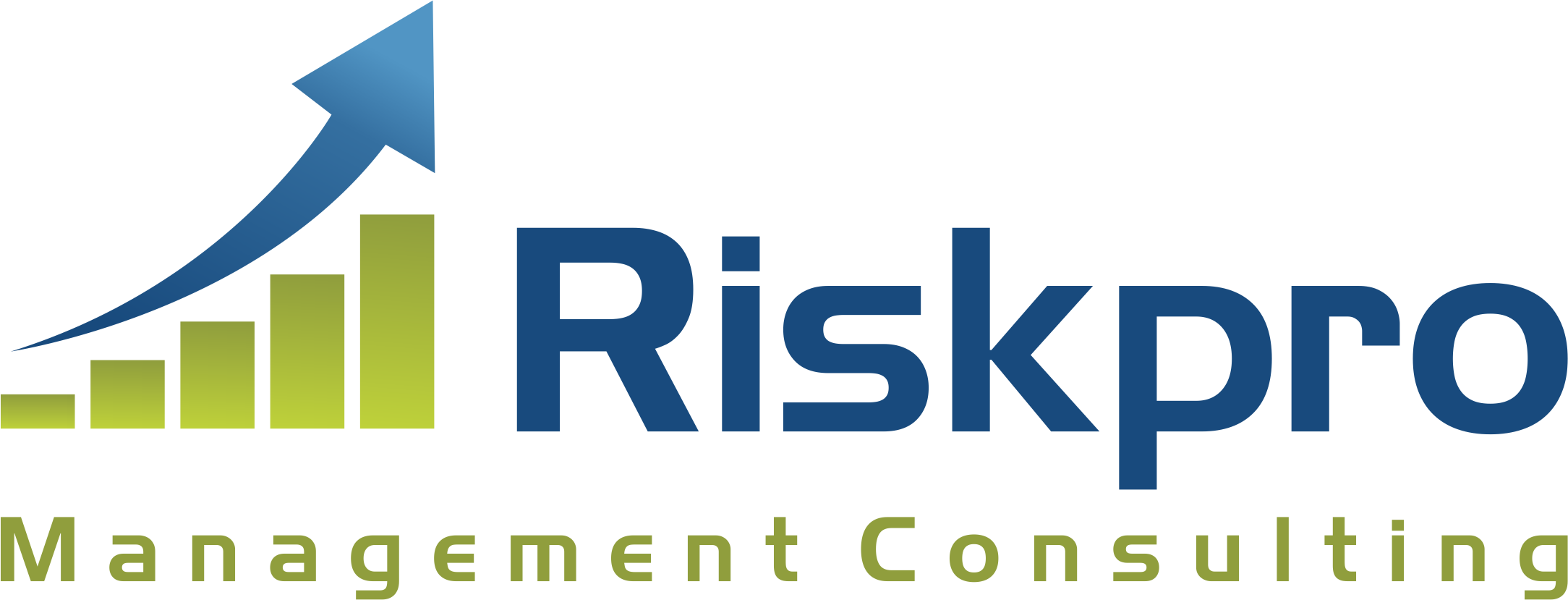Adverse media screening, also known as negative news screening, is defined as unfavourable information found in news sources. There are two types of news sources viz. ‘traditional’ news outlets and unstructured sources.
Negative information can come from traditional media sources like newspapers, online media, radio and TV. However, negative news can also be drawn from blogs, web posts, social feeds and unstructured forums.
Conducting business with persons or companies having an adverse media profile pose a reputation risk before the financial institutions.
Customers are classified as high risk if negative information is obtained. High-risk clients must be monitored on an ongoing basis to comply with enhanced due diligence requirements.
Adverse Media Screening
Adverse media screening involves searching for negative news about a person or business. It is essential part of Know Your Customer and Anti-Money Laundering (KYC AML) processes of financial institutions.
In the country like India, there are hundreds of individuals with same name. Media screening will not be as simple as conducting internet searches. Consider an example of a customer by name Vishal Shah. An advance search for a customer transacting under the name “Vishal Shah” may result in multiple responses.
The compliance professional will have to consider unique identifiers to reach to the conclusion that “Vishal Shah” found is—or is not—the same Vishal Shah penalized by Regulator.
There is no standard approach to adverse media screening. Decision making about internet searches results across lines of business. This fragmented approach not only increases the costs of the aml compliance but also leads to generation of false positives.
Decision-making for Adverse Media Checks
In order to create effective decision-making around the adverse media checks it is necessary to consider following
- Identifying who should be screened, and how often
- AML Screening and detecting, manually or via automated tools
- Customer Due Diligence to evaluate results and confirm matches
- Deciding on actions around identified matches and updating KYC systems
Adverse media checks can reveal risk relevant information such as involvement with money laundering and financial crimes.
Using the tools or the third party vendors like Riskpro can enhance your user experience and help to take structured approach.

